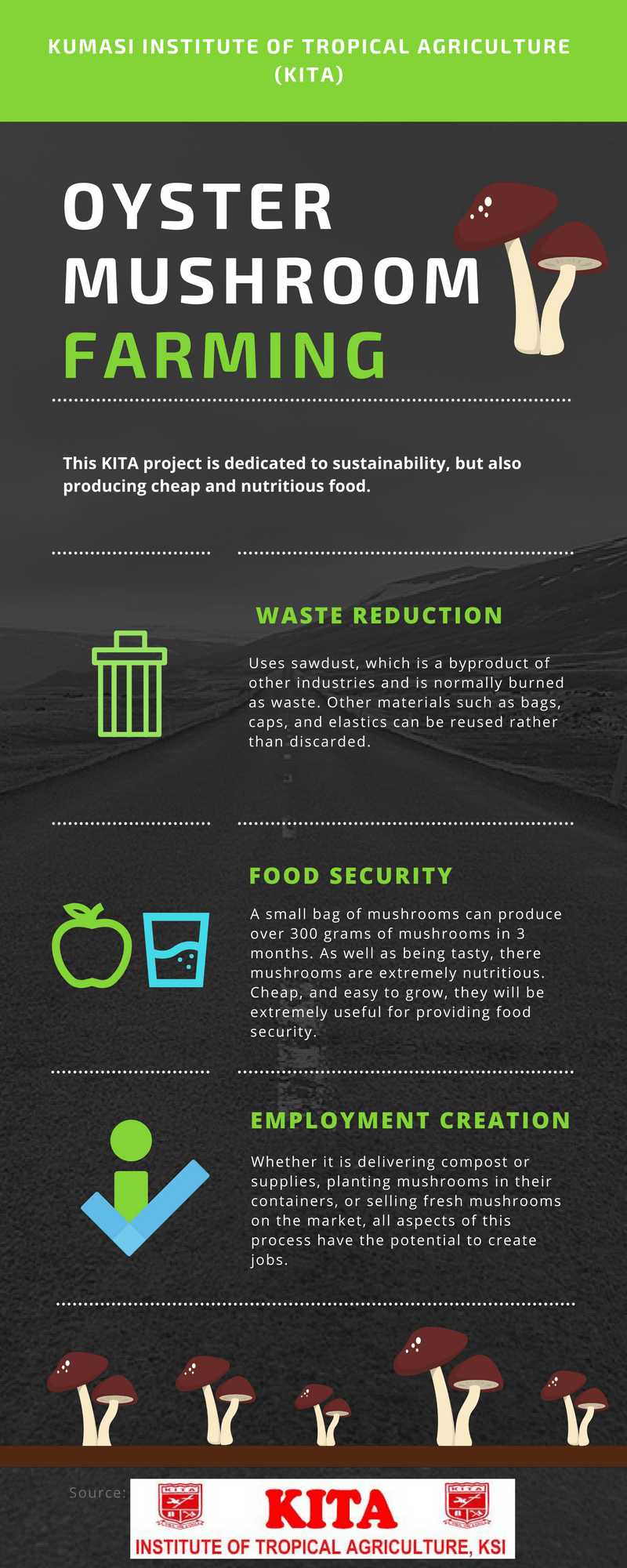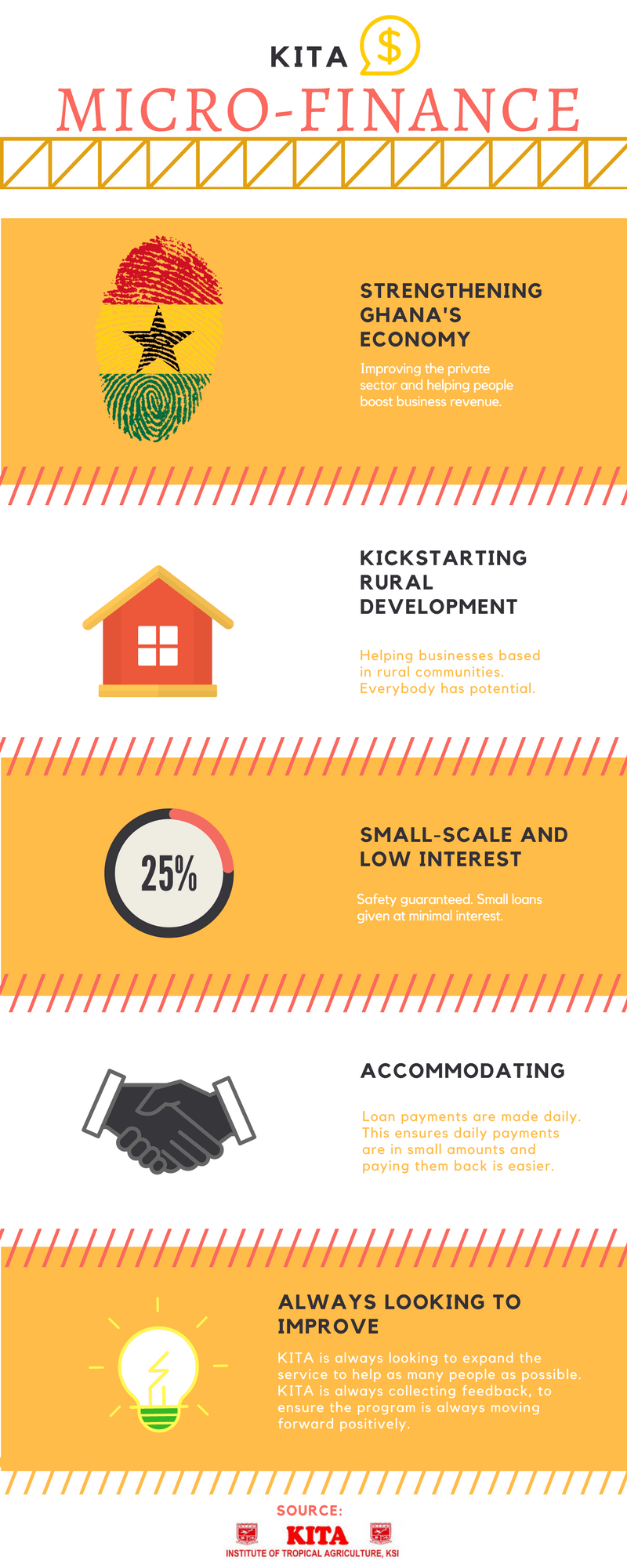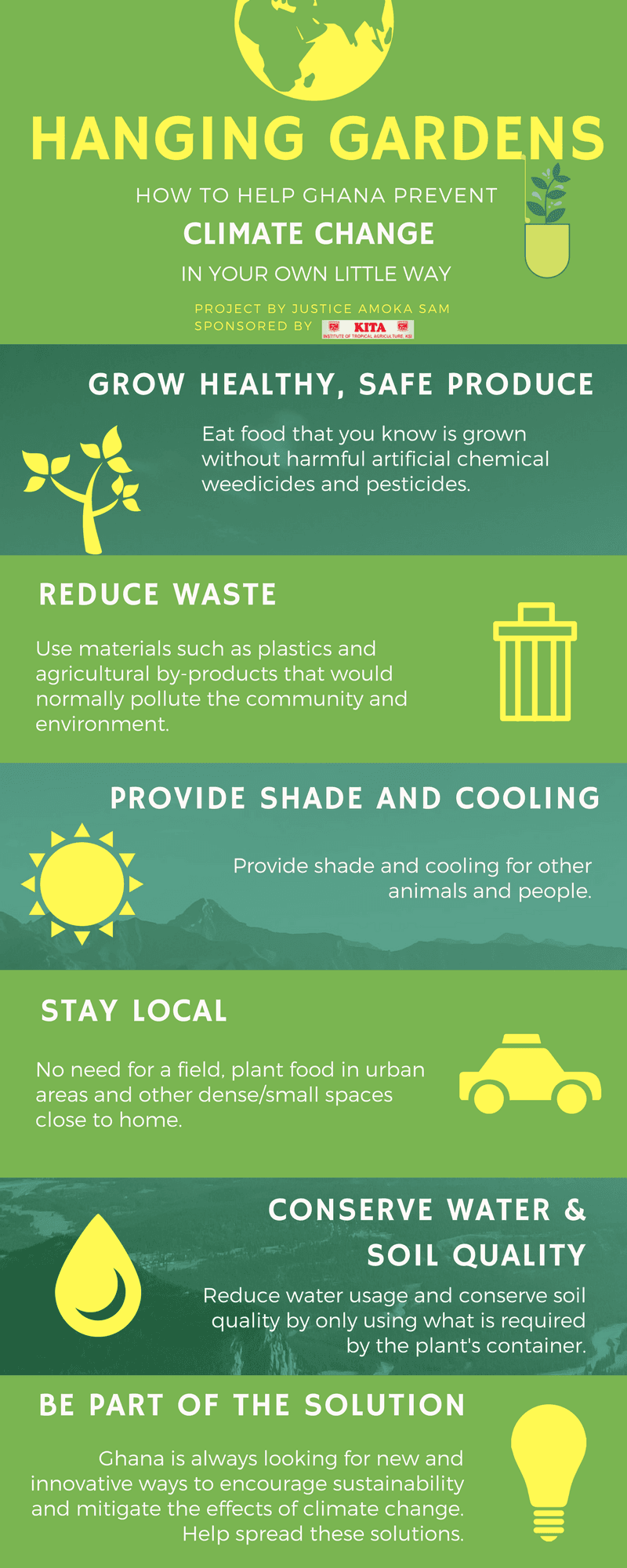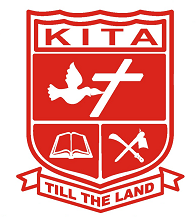Oyster Mushroom Farming
- By Kamal Mirani
- •
- 11 Mar, 2018
- •
How it started:
When he was in his first year at KITA, Theophilus Owusu witnessed an existing student working on the school’s mushroom farm. After some time working alongside the student, Theophilus eventually took over the mushroom operation, and runs it during his current year of National Service at KITA. This farm is able to make use of waste, give food (it produces oyster mushrooms but other kinds of mushrooms can be used as well), and create employment opportunities. He hopes more people will get involved with these types of projects, and through training and advocacy, it will become a more popular profession.
When he was in his first year at KITA, Theophilus Owusu witnessed an existing student working on the school’s mushroom farm. After some time working alongside the student, Theophilus eventually took over the mushroom operation, and runs it during his current year of National Service at KITA. This farm is able to make use of waste, give food (it produces oyster mushrooms but other kinds of mushrooms can be used as well), and create employment opportunities. He hopes more people will get involved with these types of projects, and through training and advocacy, it will become a more popular profession.
Steps
(usually around 72 days + 3 months of mushroom growing)
[1200 Bags]:
- Take Sawdust (1 day)
- Compost Sawdust (28-32 Days) *With additives, wheat, lime, water
- Bag it (3 Days) *Mix in some more lime again before you add it to the bag
- Sterilization [to kill micro-organisms and pathogens] (1 Day)
- Inoculation [introduce mushrooms seeds called “spawns” to the compost bags] (1 Day)
- Incubation (21-41 Days)
- Open bags to crop the mushrooms, helps them grow faster (they will be ready to harvest every third day for three months)
See collage below
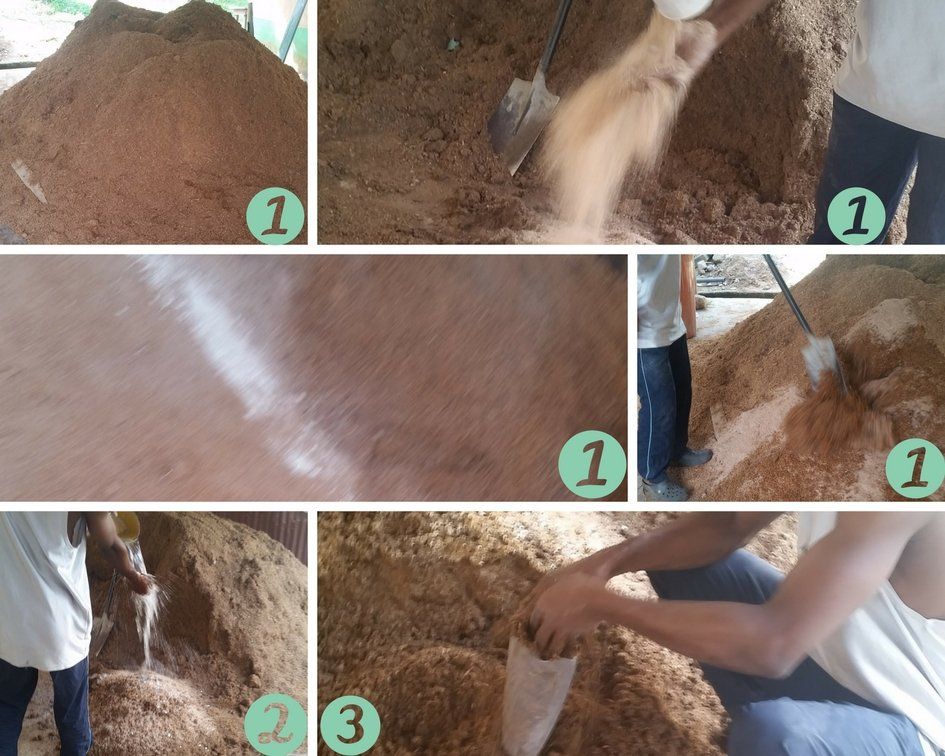
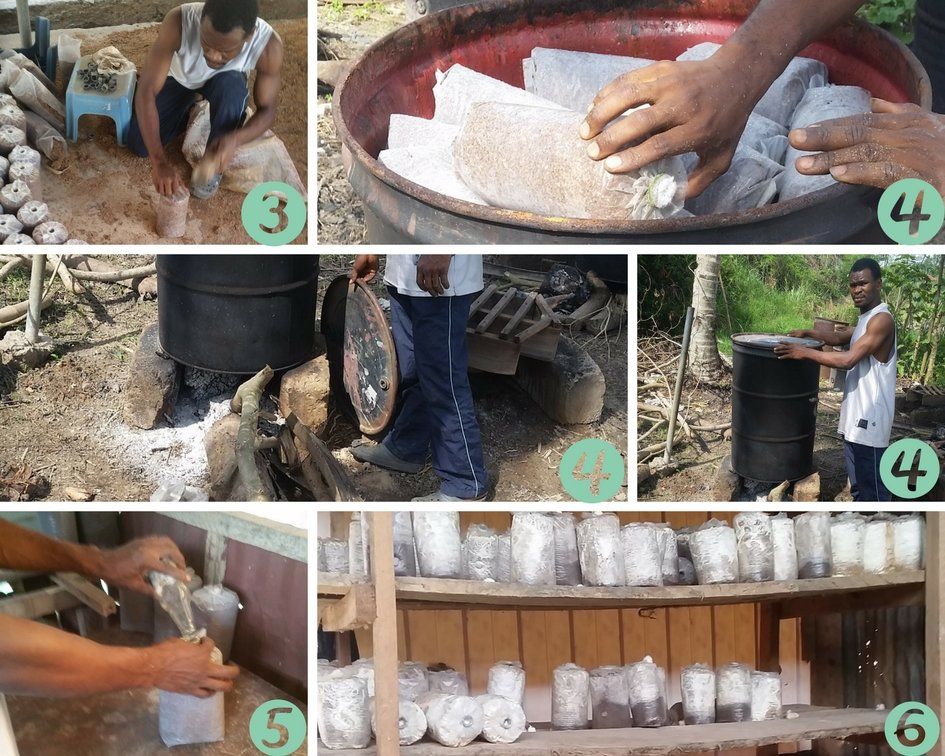
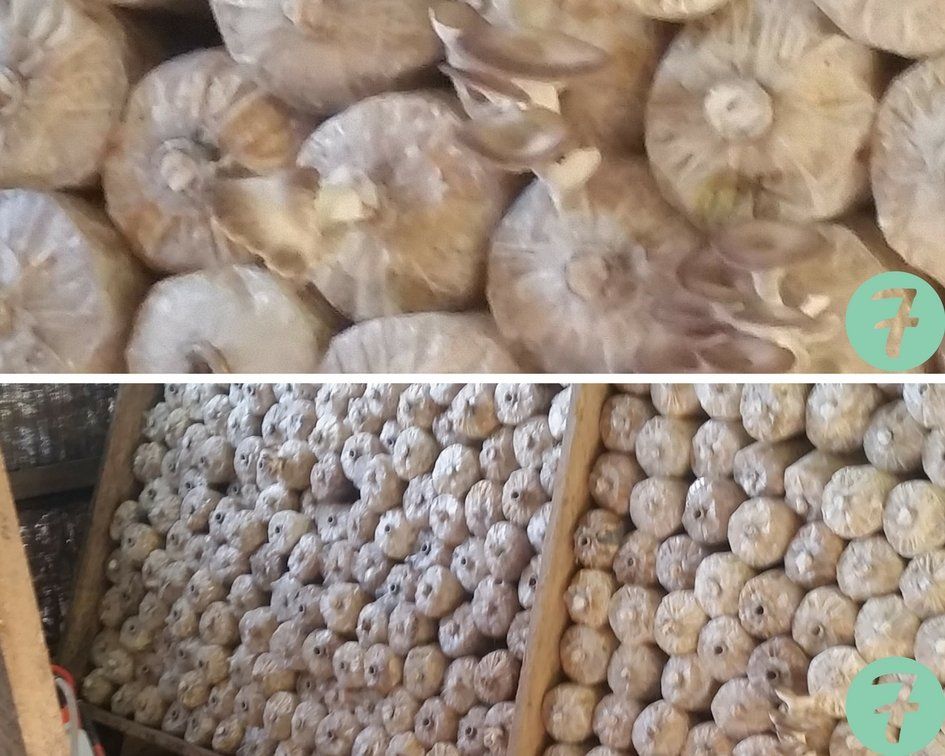
Turning it into a business:
After 72 days the bags will be opened and the mushrooms will start growing. They can be harvested every 3 days for around 3 months. The market for mushrooms is still young in Ghana, and it is not a staple food crop. Furthermore, it may be difficult securing investors and mushrooms seeds. However, each bag will produce, at a minimum, 300g of mushrooms over three months, and 100g of mushrooms can go for, at a minimum, 1.00 GHC (.25 USD) on the market. You may choose to make the bags and sell to people who would like to grow their own mushrooms, or you may choose to harvest and sell the mushrooms yourself, either way, this is a very promising enterprise.
More about KITA:
The Kumasi Institute of Tropical Agriculture (KITA) is a non-profit premier tropical agricultural college in Ghana. We network with: local and global institutions to better the lives of rural farmers, unemployed youth, hungry and homeless families, women, aids victims and orphans, needy street children, the aged, and the disabled. This is done through: training, seminars and workshops, technology transfers, on-farm research, environmental conservation, volunteer exchange, seeds and food aid, input and clothing distribution and children’s sponsorship. This has contributed to environmentally sustainable development that enhances the local economy, the nation, and the quality of life in Africa since 1984.
After 72 days the bags will be opened and the mushrooms will start growing. They can be harvested every 3 days for around 3 months. The market for mushrooms is still young in Ghana, and it is not a staple food crop. Furthermore, it may be difficult securing investors and mushrooms seeds. However, each bag will produce, at a minimum, 300g of mushrooms over three months, and 100g of mushrooms can go for, at a minimum, 1.00 GHC (.25 USD) on the market. You may choose to make the bags and sell to people who would like to grow their own mushrooms, or you may choose to harvest and sell the mushrooms yourself, either way, this is a very promising enterprise.
More about KITA:
The Kumasi Institute of Tropical Agriculture (KITA) is a non-profit premier tropical agricultural college in Ghana. We network with: local and global institutions to better the lives of rural farmers, unemployed youth, hungry and homeless families, women, aids victims and orphans, needy street children, the aged, and the disabled. This is done through: training, seminars and workshops, technology transfers, on-farm research, environmental conservation, volunteer exchange, seeds and food aid, input and clothing distribution and children’s sponsorship. This has contributed to environmentally sustainable development that enhances the local economy, the nation, and the quality of life in Africa since 1984.
